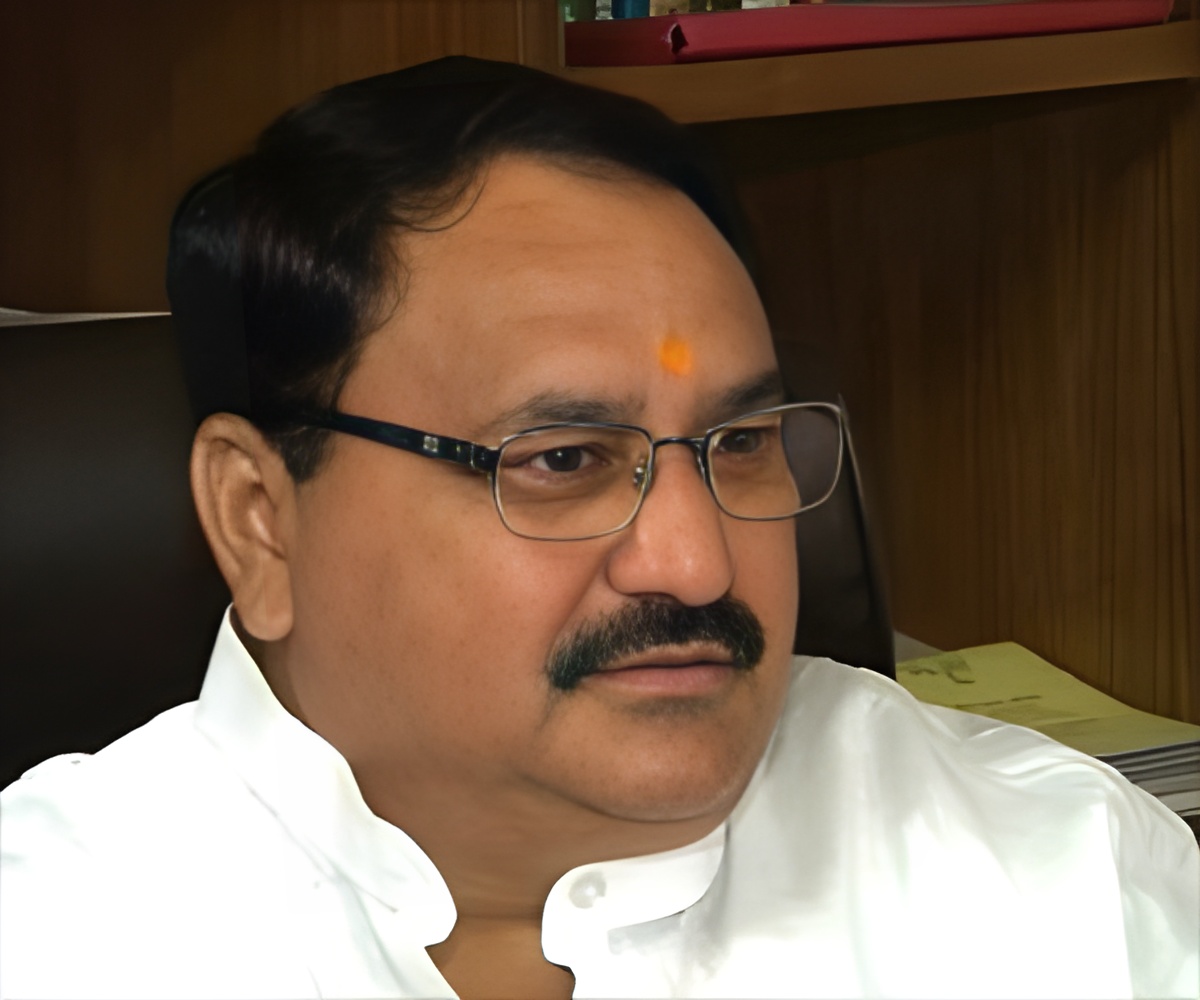Union Health and Family Welfare Minister J.P. Nadda on Thursday said that ensuring the health of women, children and young adults is central to the governance agenda of the NDA Government.

Nadda said, "The health of women is not just the concern of the global community. We are reaffirming the commitment of this government towards meeting the health needs of mothers, adolescents and children, as well as to update the strategy for the health of every woman and child. Improved health outcomes are an economic and social investment, which is an integral part for a robust and thriving economy. India has made substantial progress on several indicators in the recent years. The under-five mortality rate has come down by over 61 percent between 1990 and 2013; the neonatal mortality rate has registered a 47 percent decline between 1990 and 2013, while the maternal mortality indicators have shown reduction of nearly 70 percent between 1990 and 2013."
He added, "The drawing on the lessons learned through the implementation of various targeted programs under the National Health Mission, existing traditional areas of work have been strengthened and newer focus areas have been identified. India has moved from its earlier focus on Reproductive and Child Health (RCH) to a new strategic approach, the RMNCH+A, focusing attention on all the life stages including adolescents. This new approach emphasizes inter-linkages between each of the five pillars under RMNCH+A, and connects community and facility based services."
Nadda also highlighted the salient features of Mission 'Indradhanush' which was to ensure the vaccination of each and every left out and missed out child in India against seven vaccine-preventable diseases by 2020. These diseases include diphtheria, whooping cough, tetanus, polio, tuberculosis, measles and Hepatitis B. India's universal immunization program has been expanded to introduce three new vaccines for children: those against Rotavirus, Rubella and Polio - targeting Rotavirus, the leading cause of diarrhea and among the biggest killers of children in our country. To address the challenge posed by the significant inequalities across and within states, the focus has been shifted to geographical areas of greatest concern and populations that carry the highest burden of illness and mortality.
Amina Mohammed, Special Advisor to the UN Secretary General said "While tremendous progress has been made during the last decade on several indicators of mother, child and adolescent health, much remains to be done. There is need for deepening and strengthening partnerships between various stakeholders for achieving the goals for a sustainable development agenda. Emerging economies have an important role to play within this framework of partnership."
Source-Medindia










